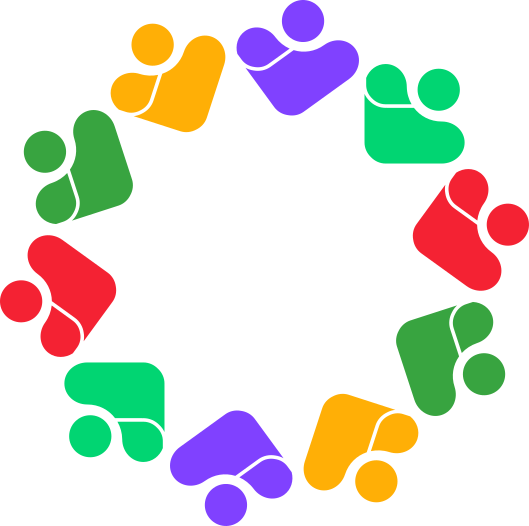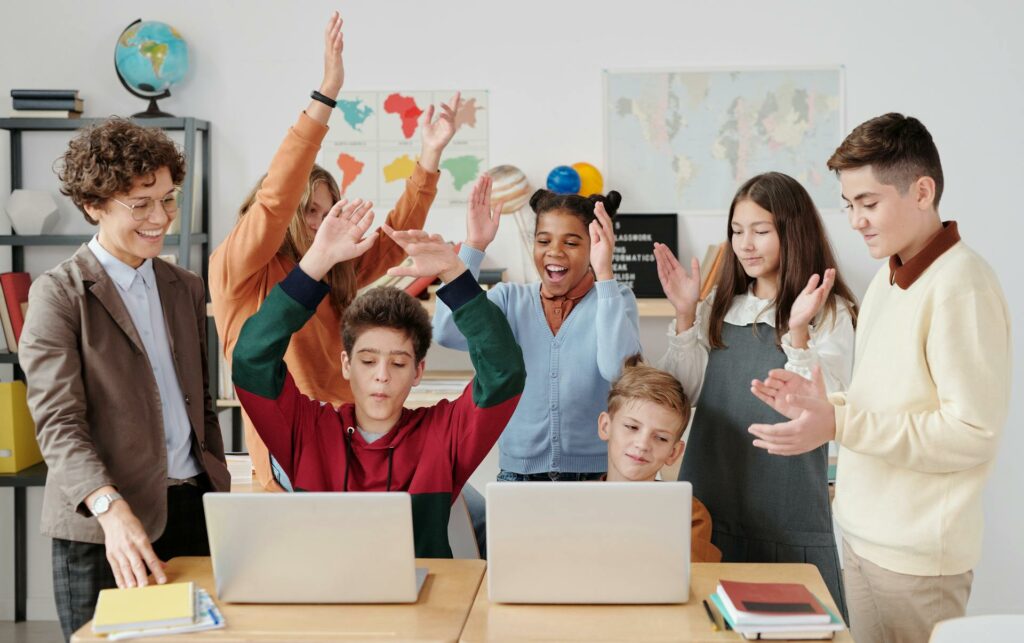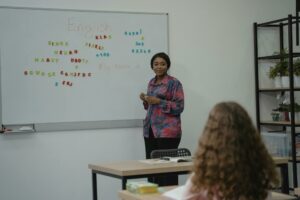Introduction:
In the fast-paced and ever-changing world we live in, equipping children with essential life skills is crucial for their success and well-being. Life skills, often referred to as the building blocks of personal development, encompass a range of abilities that enable individuals to navigate the challenges of everyday life with confidence and resilience. In this blog, we will explore what life skills in Early Childhood Development (ECD) entail, how children can acquire them, and why parents and educators need to prioritize their cultivation.
What is Life Skills in ECD?
Life skills in Early Childhood Development refer to a set of abilities that enable individuals to effectively manage the demands and challenges of daily life. These skills encompass a wide range of competencies, including social, emotional, cognitive, and practical skills. While academic knowledge is undoubtedly important, life skills serve as the foundation for personal and professional success.
Examples of life skills include communication, problem-solving, critical thinking, decision-making, self-awareness, empathy, and interpersonal skills. These skills are not only applicable in school but are essential for success in various aspects of life, including relationships, work, and personal development.
How Do Children Learn Life Skills?
Children are like sponges, absorbing information and skills from their surroundings. The learning of life skills begins at a very young age and is influenced by various factors, including family, school, and community environments. Here are some key ways in which children acquire life skills:
- Modelling and Observation: Children learn by observing the behaviour of those around them, particularly their parents, caregivers, and teachers. Positive role models who exhibit effective communication, problem-solving, and decision-making skills greatly influence a child’s development of these essential life skills.
- Play and Social Interaction: Play serves as a powerful tool for learning life skills. Through play, children engage in social interactions and learn to share, negotiate, and collaborate with others. Play-based activities provide opportunities for children to develop and practice communication, problem-solving, and decision-making skills in a fun and natural setting.
- Structured Learning Activities: Educational programs and activities designed to explicitly teach life skills play a crucial role in a child’s development. Schools and extracurricular programs that incorporate lessons and exercises focused on teamwork, leadership, and emotional intelligence contribute to the acquisition of these valuable skills.
Why Should Kids Learn Life Skills?
The acquisition of life skills is not just a nice to have; it is a necessity for a child’s holistic development. Here are compelling reasons why kids should learn life skills:
- Enhanced Academic Performance: Research has shown that students who possess strong life skills often perform better academically. The ability to think critically, solve problems, and communicate effectively contributes to success not only in exams but also in real-world scenarios.
- Positive Social Relationships: Life skills are the bedrock of healthy interpersonal relationships. Children who develop effective communication, empathy, and conflict-resolution skills are better equipped to form positive connections with peers, teachers, and family members.
- Adaptability and Resilience: Life is unpredictable, and the ability to adapt to change is a crucial life skill. Kids who possess resilience and problem-solving skills are more likely to navigate challenges and setbacks successfully, building a foundation for lifelong success.
- Preparation for the Future: As children grow into adults, they will face an increasingly complex and interconnected world. Life skills prepare them for the challenges of the future workplace, where collaboration, creativity, and adaptability are highly valued.
How Do You Teach Life Skills in the Classroom?
Teachers play a pivotal role in fostering the development of life skills in the classroom. Here are effective strategies for teaching life skills:
- Incorporate Real-Life Scenarios: Create opportunities for students to apply life skills in real-life situations. Role-playing activities, group projects, and problem-solving exercises simulate authentic scenarios where children can practice and refine their skills.
- Encourage Critical Thinking: Foster an environment that encourages students to think critically. Pose open-ended questions, present challenges that require creative solutions, and encourage students to express their opinions. Critical thinking is a cornerstone of many life skills.
- Promote Collaboration: Group activities and projects provide opportunities for students to collaborate and develop teamwork skills. Learning to work effectively with others, share responsibilities, and communicate ideas are essential aspects of life skills development.
- Integrate Social and Emotional Learning (SEL) Programs: Implement Social and Emotional Learning (SEL) programs that explicitly teach skills such as self-awareness, self-regulation, and interpersonal relationships. These programs create a structured framework for nurturing important life skills.
Conclusion:
In conclusion, life skills are indispensable for a child’s holistic development, providing the foundation for success in academics, relationships, and future endeavours. Parents, caregivers, and educators alike play a crucial role in fostering the acquisition of these skills. By understanding the importance of life skills, incorporating effective teaching strategies, and providing ample opportunities for practice, we can empower the next generation with the tools they need to navigate life’s challenges successfully.
For more information on fostering life skills in children, visit Open Minds Campus to explore alternative teaching dedicated to promoting holistic development in young minds.



